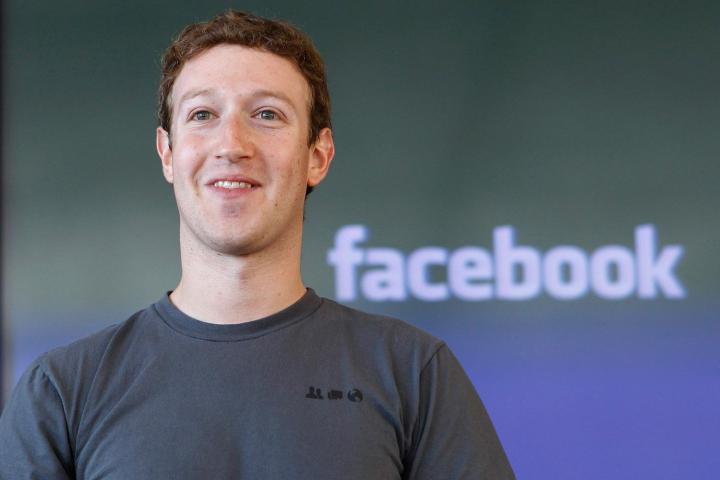
There’s no rest for Facebook boss Mark Zuckerberg. Fresh from announcing the Oculus VR acquisition at the start of the week, on Thursday he laid out his plans for delivering the Internet to “everyone”, explaining that “drones, satellites and lasers” could be used to achieve his goal.
The ambitious project is part of the Facebook-backed Internet.org initiative, which also involves high-profile mobile-related companies such as Samsung, Qualcomm, Nokia, Ericsson, and MediaTek.
In a Facebook post yesterday, Zuckerberg for the first time talked a bit about Internet.org’s Connectivity Lab, a team gathered to help build the necessary technology so it’ll one day be able to “beam Internet to people from the sky” from satellites, as well as drones capable of staying airborne for months at a time.
“We’re going to continue building these partnerships, but connecting the whole world will require inventing new technology too,” Zuckerberg wrote. “That’s what our Connectivity Lab focuses on, and there’s a lot more exciting work to do here.”
One of the technologies of particular interest to the team is known as free-space optical communication (FSO), which uses light to transmit data through space by way of invisible, infrared laser beams.
The Lab includes leading aerospace and communications technology experts from organizations such as NASA’s Jet Propulsion Lab. Help is also coming from Ascenta, a small UK-based company whose founders, Zuckerberg explains, “created early versions of Zephyr, which became the world’s longest flying solar-powered unmanned aircraft. They will join our team working on connectivity aircraft.”
Earlier this month, rumors were flying around that Facebook might be on the verge of acquiring drone maker Titan Aerospace, though Zuckerberg made no mention of the company in his post.
Internet.org’s project to bring affordable Internet to everyone on the planet, including to remote communities, is making “good” progress, the Facebook co-founder and CEO said.
“Over the past year, our work in the Philippines and Paraguay alone has doubled the number of people using mobile data with the operators we’ve partnered with, helping three million new people access the Internet,” he wrote.
You might not be surprised to learn that Facebook’s Silicon Valley neighbor, Google, is also looking at ways to bring affordable Internet access to the world’s population, though instead of drones and satellites it’s looking to use giant balloons.


